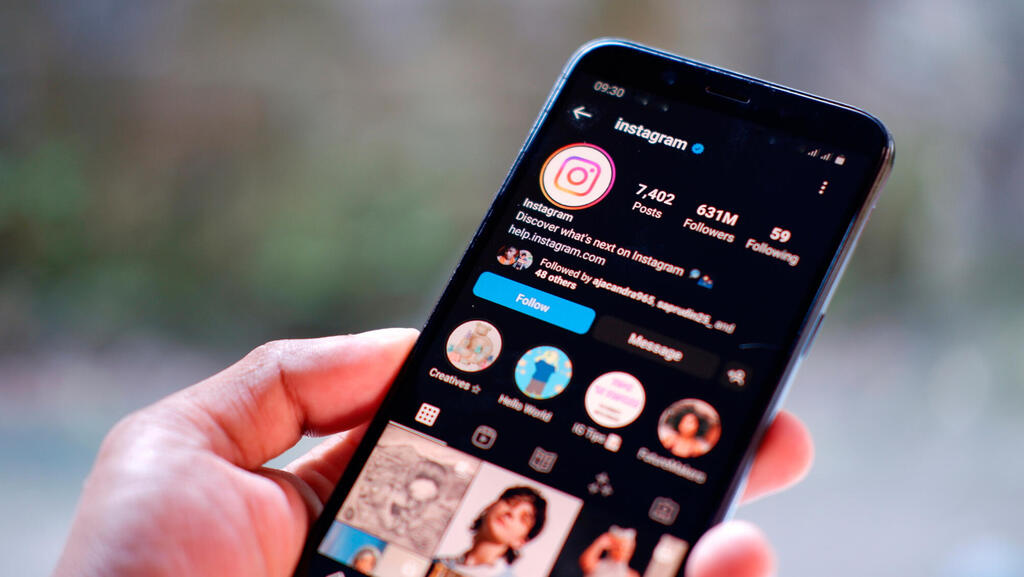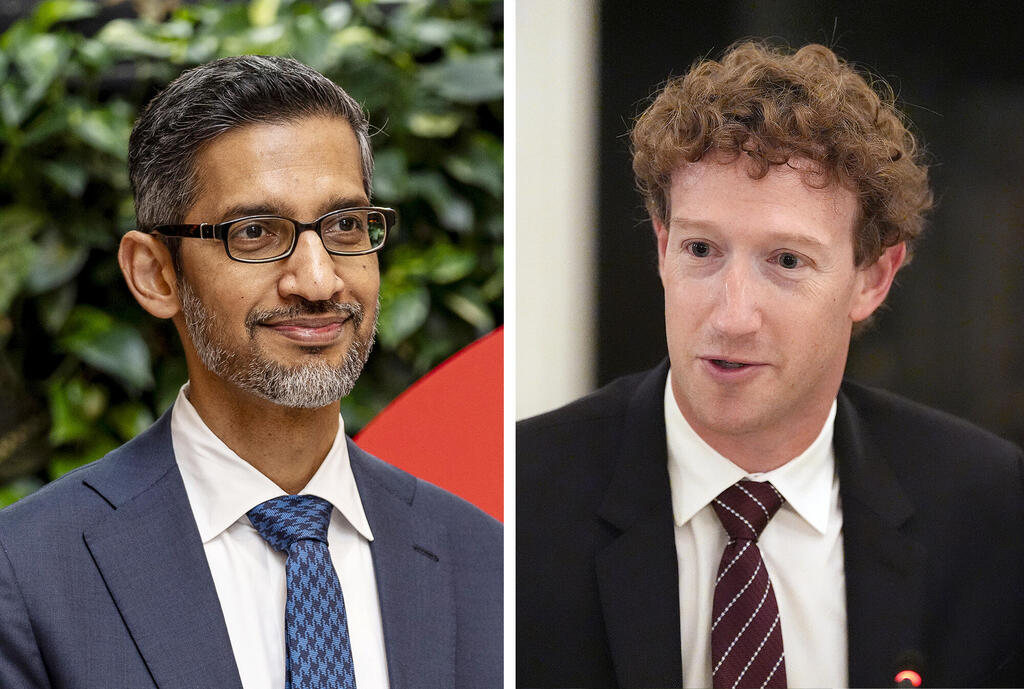Meta, TikTok, and YouTube could be the next big tobacco
October 28, 2025
November 23, 1998, marked a turning point in the fight against tobacco companies in the United States. On that day, the four major tobacco manufacturers signed the Tobacco Master Settlement Agreement, a landmark deal with attorneys general from 46 states under which the companies pledged to pay $206 billion in medical expenses related to smoking-induced illnesses.
The agreement reshaped the industry’s public standing. It imposed restrictions on the advertising and sale of cigarettes and other tobacco products, and it led to the release of millions of documents proving that tobacco companies had long concealed evidence of the harm caused by their products. The simple fact that one can now walk into a restaurant without choking on cigarette smoke is largely the result of that years-long legal battle.
Now, another industry producing an addictive product, one that affects mental health and relentlessly denies its harm, may be on the verge of a similar reckoning. These are the major social media platforms: Meta (Facebook and Instagram), Google (YouTube), TikTok, and Snapchat.
The backdrop: lawsuits involving thousands of plaintiffs and millions of internal company documents, which are expected to reach U.S. courts in the coming weeks and could reshape the future of these companies, and perhaps the way society interacts with technology itself.
Rise in Depression and Anxiety
According to Bloomberg, the cases comprise two consolidated legal proceedings, one in federal court and the other in California state court. At the core of the claims is the allegation that social media companies deliberately engineered their platforms to foster addiction, resulting in higher rates of depression, anxiety, sleep and eating disorders, self-harm, and suicide, particularly among young users.
The first trial, set to open in January in California, centers on a 19-year-old woman who says she has been addicted to social media for more than a decade and now suffers from anxiety, depression, and body dysmorphia as a result of her compulsive use. Two additional trials are scheduled to follow, with thousands of other plaintiffs waiting in line. Success in these lawsuits could lead to multibillion-dollar settlements and change how minors are allowed to interact with social media.
Matthew Bergman, founder of the Social Media Victims Legal Center in Seattle, added: “In the Facebook case, there are internal documents that say ‘teens are like herd animals,’ ‘kids have a narrative of addiction,’ and ‘our products make girls feel worse about themselves.’”
Bergman referred to documents revealed by Frances Haugen, a former Meta executive who leaked internal studies and communications to The Wall Street Journal. Those documents showed that Meta knew about Instagram’s negative impact on young people, secretly exempted celebrities from content moderation, and ignored evidence of human and drug trafficking on its platforms. Haugen and her disclosures are set to feature prominently in Aaron Sorkin’s upcoming sequel to The Social Network.
Bergman’s firm is leading the federal lawsuits. One case, filed in 2022 and based on Haugen’s revelations, centers on an 11-year-old girl from Connecticut who committed suicide after alleged social media addiction and online exploitation. That trial is set to begin in June.
Related articles:
Focus: Companies’ Conduct, Not Content
The fact that the lawsuits have reached the hearing stage is an achievement in itself. Along the way, the plaintiffs had to overcome a major hurdle: the companies’ attempt to dismiss the suits under Section 230 of the Communications Decency Act, which protects platforms from liability for user-generated content.
However, according to Bloomberg, Bergman and his team succeeded by arguing that the cases do not concern user content but rather the companies’ deliberate design choices to maximize engagement and profit at the expense of user safety.
During pretrial discovery, which ended in April, Meta, Google, TikTok, and Snap turned over more than six million documents and provided 150 depositions, including those of Meta CEO Mark Zuckerberg and Snap CEO Evan Spiegel. Over 100 child psychologists, academics, and experts provided testimony.
Beyond the Courtroom: Culture and Consequences
Even if the plaintiffs prevail, the long-term impact remains uncertain. Financially, multibillion-dollar settlements might not seriously dent these companies’ bottom lines. Regulatory or algorithmic changes resulting from such settlements could be significant, but their enforcement and real-world impact remain to be seen.
The lawsuits, however, may bring a cultural reckoning. Public trust in these companies is already low, particularly among supporters of the current U.S. administration. A legal process that publicly reveals how platforms knowingly cultivated addiction could further damage their image, potentially rendering them as socially toxic as Big Tobacco once was.
Such a cultural shift could also spur legislation, such as bans on social media use by minors, proposals already under discussion in several countries, though difficult to enforce.
Still, as with tobacco, complete eradication seems unlikely. The tobacco industry remains profitable despite decades of stigma: global smoking rates have fallen from 26.9% to 15.4% in 25 years, yet Philip Morris International reported record revenues of $10.14 billion in the second quarter of 2025. Likewise, even if social media firms face fines, restrictions, or user declines, enough people will likely remain hooked to sustain their profits, continuing, as it were, to inhale the digital smoke.
Search
RECENT PRESS RELEASES
Related Post



